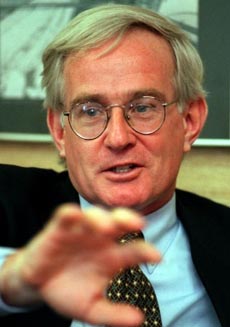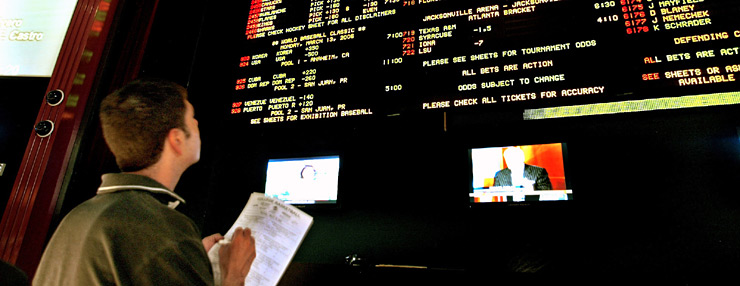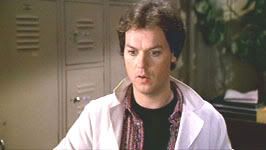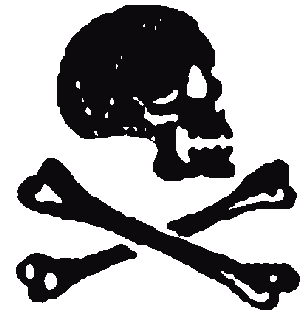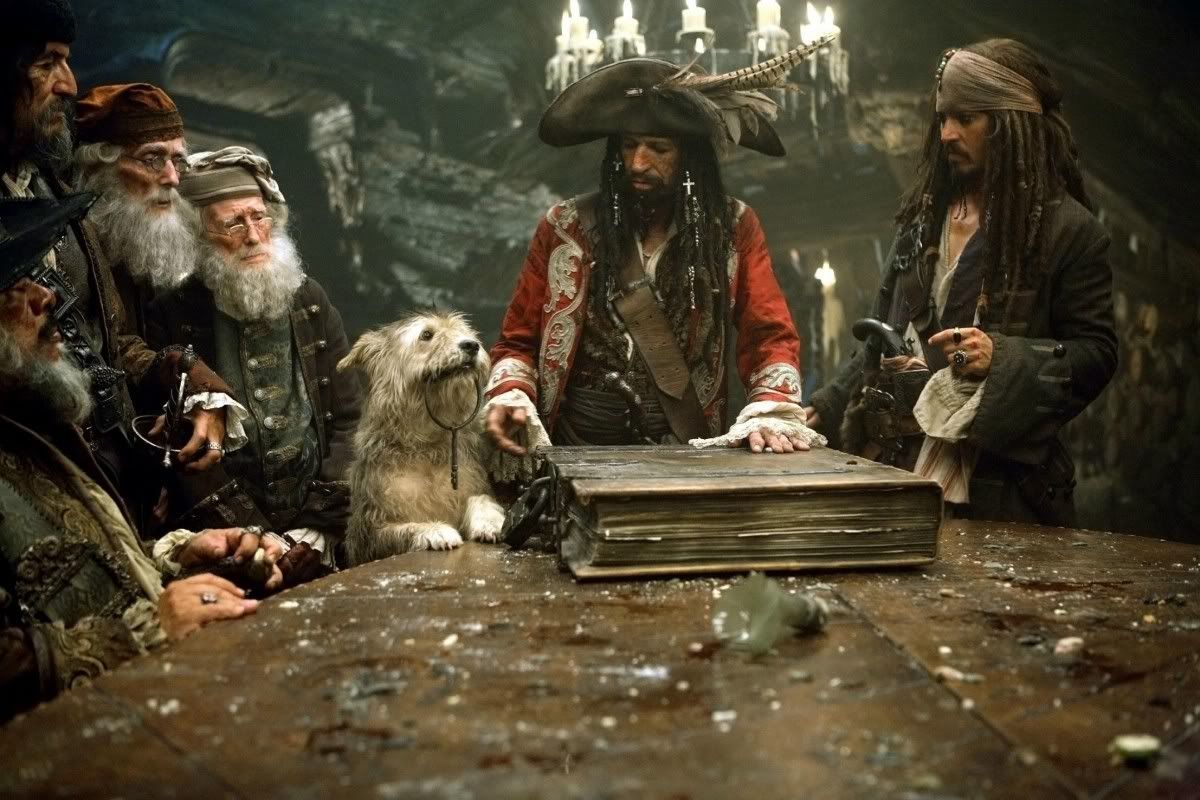A question frequently asked from nearly every spot along the local political spectrum: Why is Patrick Dowd running for mayor?
Council member Dowd is relatively new to the political scene and consequently lacks the type of name recognition, fundraising base and record that would constitute the foundation of a solid run at a well-known

, well-funded incumbent. The boy mayor has plenty of faults -- little experience (in any respect), mediocre education, no apparent intellectual curiosity, nothing above-average in any respect, serious ethical blind spots, poor staff, a series of publicized mistakes -- but none is likely to trouble the greatly diluted pool that constitutes today's City of Pittsburgh electorate. (To the contrary, Mr. Ravenstahl's lack of a high-falutin' education, his ethical haziness and that striking deer-in-the-headlights response to complexity probably endear the incumbent to plenty of today's city voters.)
Dr. Dowd, with early interpersonal missteps on council, alienated several natural allies -- Bill Peduto and certain unions most prominent among them -- that might have helped him build a substantial challenge. Few who are not cogs of the machines -- the traditional city Democratic committee machine and the feed-at-the-Ravenstahl-trough machine -- have worked for Mr. Ravenstahl, but coolness among those expected to lean toward a progressive, smart challenger has been enough to deny Dr. Dowd necessary traction.
Against that background, the question is reasonable: Why is Patrick Dowd running?
I suspect the answer has several parts:
Dr. Dowd probably believed, at the outset, that Mr. Ravenstahl was a relatively soft target. Dr. Dowd's experience-based faith in door-to-door campaigning, his awareness of Mr. Ravenstahl's obvious weakness, his expectation that anti-Ravenstahl forces would coalesce around him . . . these factors likely generated optimism. It seems likely, however, that the realities of fundraising, the campaign grind, some expected support that never emerged and even cancelled debates have caused Dr. Dowd to sense that his original optimism was overstated. Perhaps he believes he has traveled too far to quit, or perhaps other factors incline him to continue.
Dr. Dowd might be acting on a perception that Pittsburgh, a failing city, can't afford a full term of Mr. Ravenstahl's performance as mayor. Just as physicians will try longshot measures to save a near-death patient, Dr. Dowd might have been railing against the odds to try to rescue a Pittsburgh in distress. This wouldn't be enough to cause a sensible person to undertake a campaign, but it might have tipped a wavering scale.
A more influential point might be the cultivation of name recognition. Pittsburgh lacks big-name politicians, to the point at which the entitlement to plaster a name on wastecans, gasoline pumps and dog license paperwork currently is a major issue. The deaths of Tom Murphy (figurative) and Bob O'Connor (literal) created a void yet to be filled; the city's elected officials are unknowns and lightweights, puppets manipulated easily and profitably by those who contract with and/or need approvals from government. Dr. Dowd might perceive an opportunity to accelerate his trajectory from promising newcomer to prominent figure in a wide-open political arena.
Or, Dr. Dowd -- whose academic field was history, I believe -- might be positioning himself to apply the obvious lessons of Pittsburgh's politics. How did the likes of Sophie Masloff, Dick
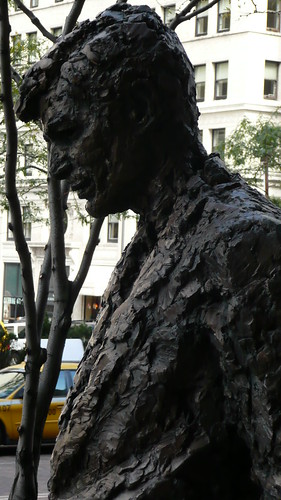
Caligiuri, and Luke Ravenstahl ascend? Brilliant insight? Compelling leadership? Remarkable accomplishments? (If you aren't laughing by now, I gather you wagered a few bucks that t

he Pirates would win the Series this season.) Instead, each was in the right place when someone ahead stumbled, died or otherwise left office.
In a broad sense, Patrick Dowd might be running for council president by running for mayor. Or Dr. Dowd might have placed a relatively inexpensive bet that Mayor Ravenstahl would falter -- succumb to a scandal, or be indicted -- and positioned himself to be the beneficiary. Cliff Levine's apparent indecisiveness has enabled Mary Beth Buchanan to remain in the United States Attorney's office for longer than one reasonably could have expected. Curiously, Mrs. Bucha

nan's extended stay might be operating as a shield for Mr. Ravenstahl, because Mrs. Buchanan's misguided and one-sided performance appears to have made her a prosecutorial eunuch, at least with respect to prosecuting Democrats. Arrival of a Democratic U.S. Attorney could be bad news for the Ravenstahl adminstration. Mr. Ravenstahl also has experienced a lull in the scandal department -- of course, his original pace was unsustainable for any human not named Blogojevich.
No one, including Dr. Dowd, could have expected to enter April with Mary Beth Buchanan still in office and Mr. Ravenstahl enjoying such a substantial breather from scandal. Dr. Dowd also probably did not expect Mr. Peduto, the unions and other expected allies to maintain their distance throughout the campaign. Dr. Dowd likely has been surprised by the difficulties associated with raising money, assembling a campaign structure and landing shots against an incumbent in a largely comatose town. In a sense, nearly everything that could have gone against Dr. Dowd has -- yet it nonetheless might have been smart to have conducted the campaign, because of the likelihood that he will raise his profile, benefit from the experience of the campaign's grind, and position himself as prospective heir should the mayor be disabled, sooner or later, by career-killing scandal or indictment.
If there is a better explanation for Patrick Dowd's run, I would welcome enlightenment.












